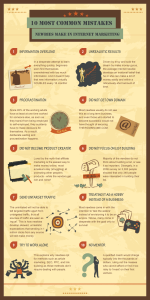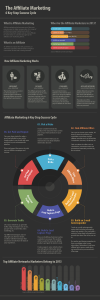Running a business can be very daunting. The problems seem endless and, unlike working with others, you have no one to turn to for help or advice.
Well, yes you have! Other business owners are surprisingly helpful to the inexperienced entrepreneur. Any business problem you face will have been faced and solved by many others before you. All you have to do is seek them out and ask for their help.
Look for places where other business people gather such as business clubs and networks offline or business forums online. Facebook and LinkedIn both have many business groups of all kinds and you will often find very generous help from other members. Sharing and exchanging ideas with other business owners is one of the best ways to learn and grow.
(Updated 05/06/17)



